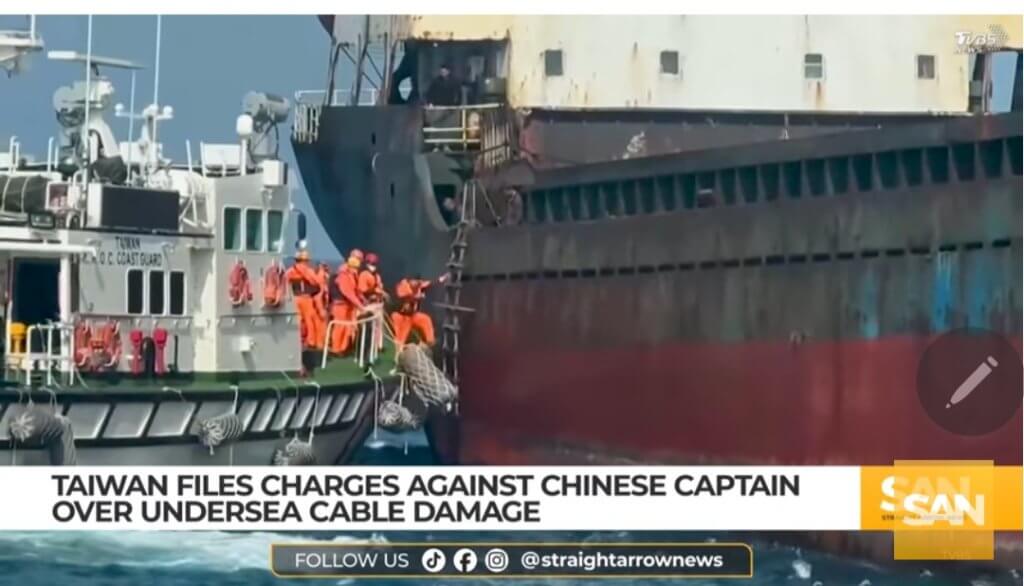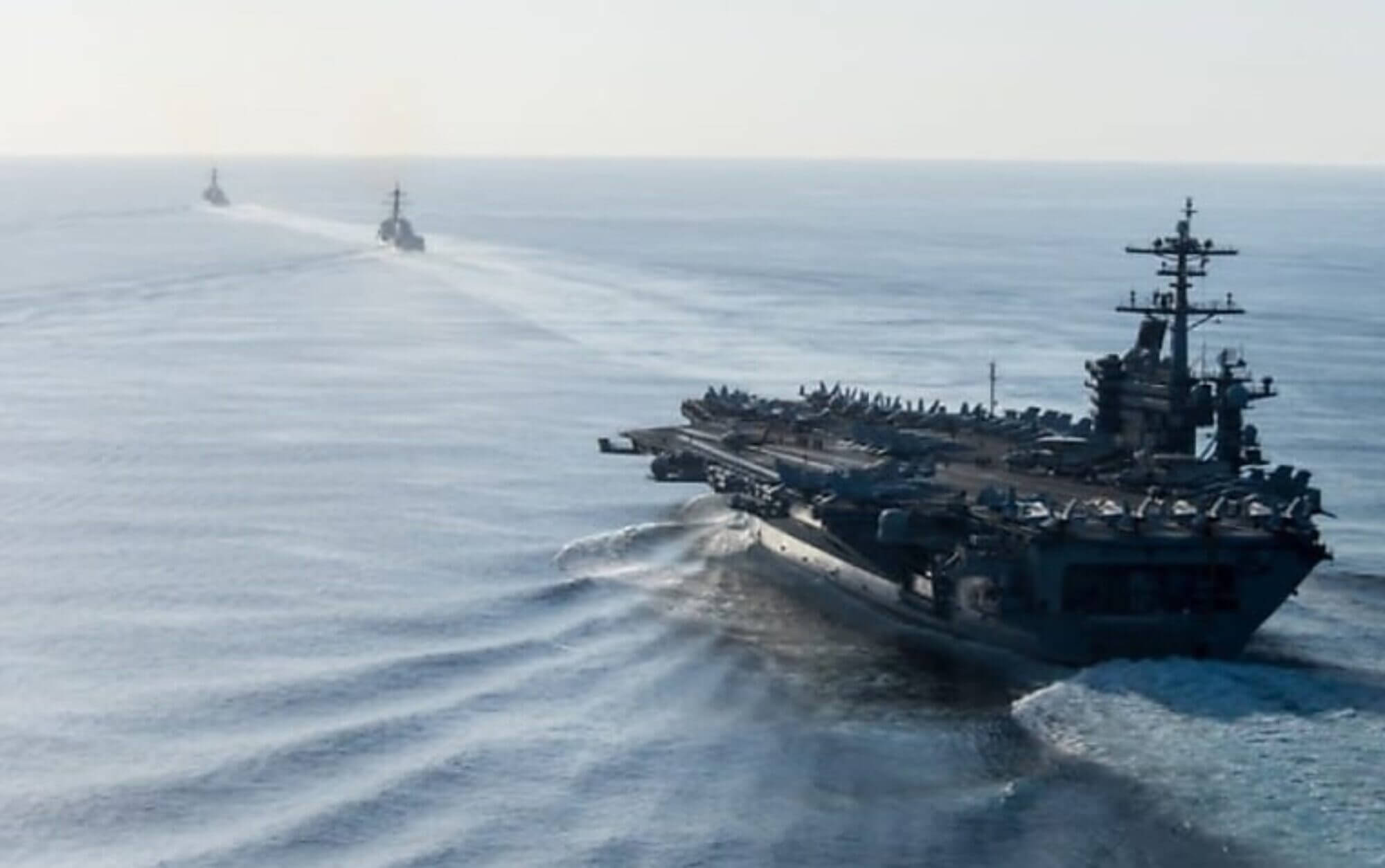
Introduction
For the first time in history, Taiwan has charged a Chinese ship captain with intentionally damaging undersea communication cables, signaling an alarming escalation in maritime tensions across the Taiwan Strait. The Hong Tai 58, registered in Togo but manned by a Chinese crew, was detained in February 2025 after allegedly anchoring over a key undersea cable near southern Taiwan.
The Incident
According to Taiwanese prosecutors, the captain—identified only by his surname Wang—damaged a vital communication cable while operating near the island’s southwestern coast. Despite claiming innocence, Wang reportedly refused to identify the vessel’s owner and displayed “a bad attitude,” according to prosecutors. Seven other Chinese nationals were detained but not charged and will be repatriated to China.
This is the first prosecution of its kind in Taiwan’s history, setting a precedent amid increasing concerns over gray zone warfare tactics used by the Chinese Communist Party (CCP).
Why Americans Should Care
- Submarine cables carry 95% of global internet traffic. Sabotaging these links disrupts everything from communications and commerce to national security systems.
- Taiwan is a strategic democratic partner and a flashpoint in U.S.–China tensions. Attacks on Taiwan’s infrastructure test the international community’s resolve.
- The incident mirrors Russian sabotage tactics in the Baltic Sea—raising concerns that China may adopt similar covert disruption strategies.
- This signals the increasing militarization of civilian maritime assets, blurring the line between merchant shipping and state-directed activities.
Implications for the U.S. Navy
- This event reinforces the need for enhanced undersea surveillance, cooperation with Pacific allies, and investment in resilient infrastructure.
- It highlights vulnerabilities in gray zone warfare, where actions fall below the threshold of military conflict but still pose national security risks.
- The Navy’s role in protecting undersea infrastructure may need to evolve to include closer coordination with civilian entities and new mission sets.
Implications for Our Allies
- Allied nations must reassess how they monitor and secure commercial vessels operating near sensitive areas.
- There’s an urgent need for multinational maritime domain awareness and coordinated responses to cable disruptions.
- Taiwan’s move to press charges sets a precedent others can follow, applying legal pressure alongside naval deterrence.
Conclusion
This case is a shot across the bow in the information age. As tensions rise in the Indo-Pacific, Americans must pay closer attention to the vulnerabilities beneath the waves. A resilient Navy—and public awareness—will be essential to deter further acts of sabotage.

